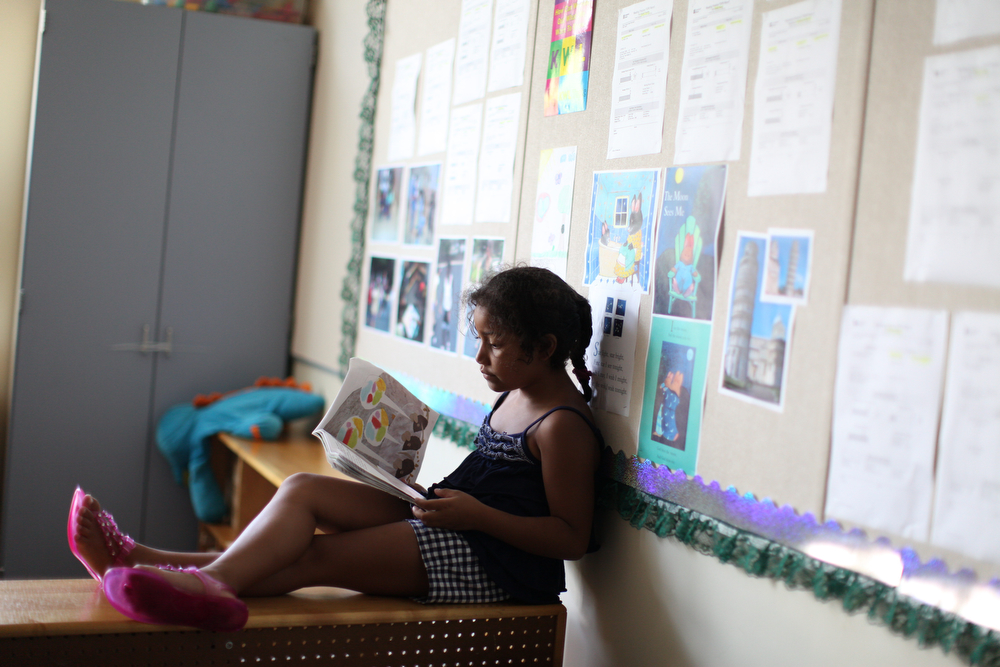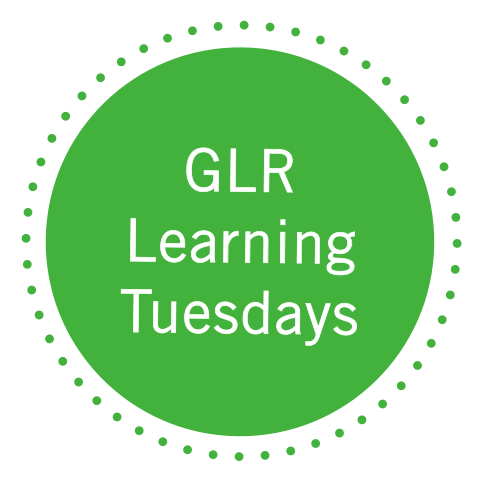
03:00 - 04:30 pm
Understanding the Data & Why We Must Act with Urgency

Moderator John King, President and CEO of The Education Trust and former Secretary of Education, began by clarifying that learning loss is multidimensional; student academic achievement is only one measure. He emphasized that we also must take into account the social-emotional toll on students, the lack of access to the technology they needed for online learning, being disconnected from their peers, etc. He went on to say that while some students had amazing learning adventures during this time, “we have to acknowledge that, particularly for low-income students and students of color, COVID-19 has been an equity disaster and the challenge for the country is what to do about that.”
Dr. Kristen Huff of Curriculum Associates provided an overview of the most current fall i-Ready assessment data in reading and math for grades K–8. To set the stage, Huff explained that 35% of students took the diagnostic in a school setting, while 60% were remote and 5% were hybrid. The results from those taking the diagnostic in a remote setting were very inconsistent, compared to previous years when the same test was taken in-school. Given this concern and until researchers can understand the inconsistencies, Dr. Huff focused her presentation on the results from students taking the diagnostic in school — which she cautioned, would be an underestimate.
The data revealed that the percentage of students unprepared for grade-level work in reading:
- increased from 5% to 7% for first-graders.
- increased from 19% to 25% for second-graders.
- increased from 25% to 30% for third-graders.
For third-graders designated as Black, Indigenous and people of color (BIPOC), the percentage unprepared for grade-level work in reading:
- increased from 21% to 25% in schools with fewer than 25% BIPOC.
- increased from 24% to 32% in schools with 25%–50% BIPOC.
- increased from 32% to 44% in schools with more than 50% BIPOC.
Emma Dorn of McKinsey & Company provided further analysis and shared different scenarios showing the projected impact of the pandemic on mathematics learning by the end of this school year. If we continue in the status quo, McKinsey’s analysis estimates that students will be on average 9 months behind where we would expect them to be in mathematics by the end of the school year. If remote learning could be improved or students could return to in-person school sooner, these numbers could be reduced to 5–6 months of learning loss. For students of color, McKinsey projects 11–12 months of learning loss if the status quo remains, and 6–8 months if efforts are made to mitigate loss now
Discussants Michael Petrilli of The Thomas B. Fordham Institute and Greg Toppo of Education Writers Association shared insights and reflections concluding that the data are concerning, that they raise additional critical questions and that an urgent call to action is needed.


 All Events
All Events




